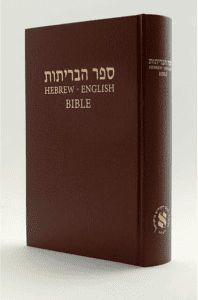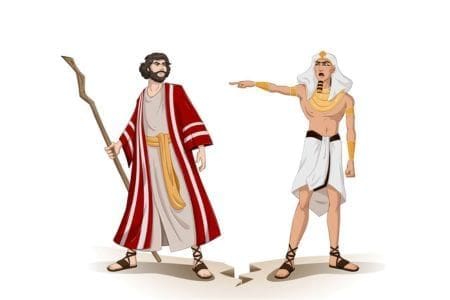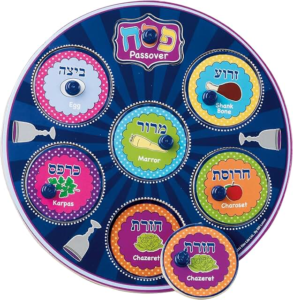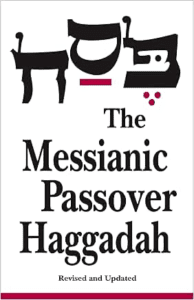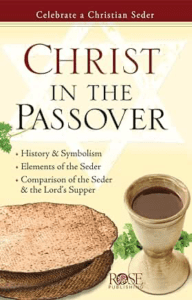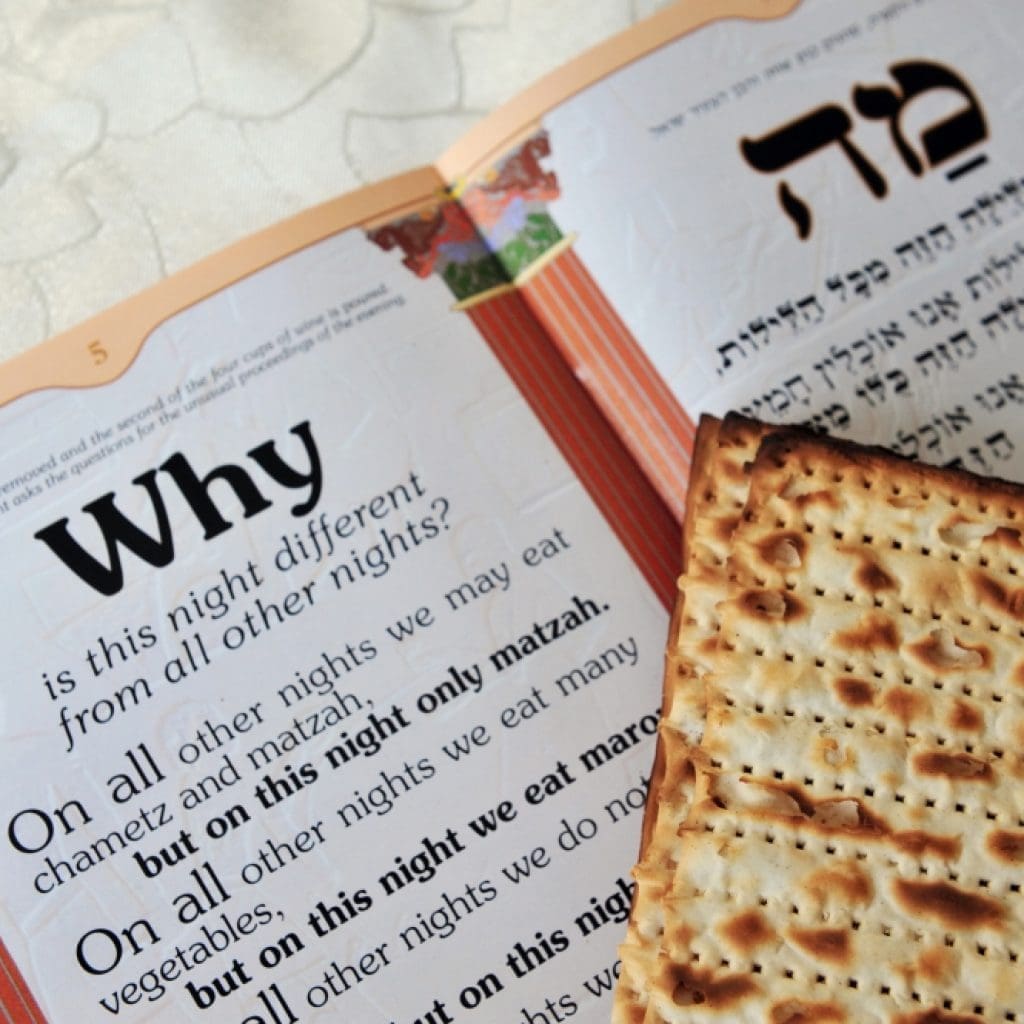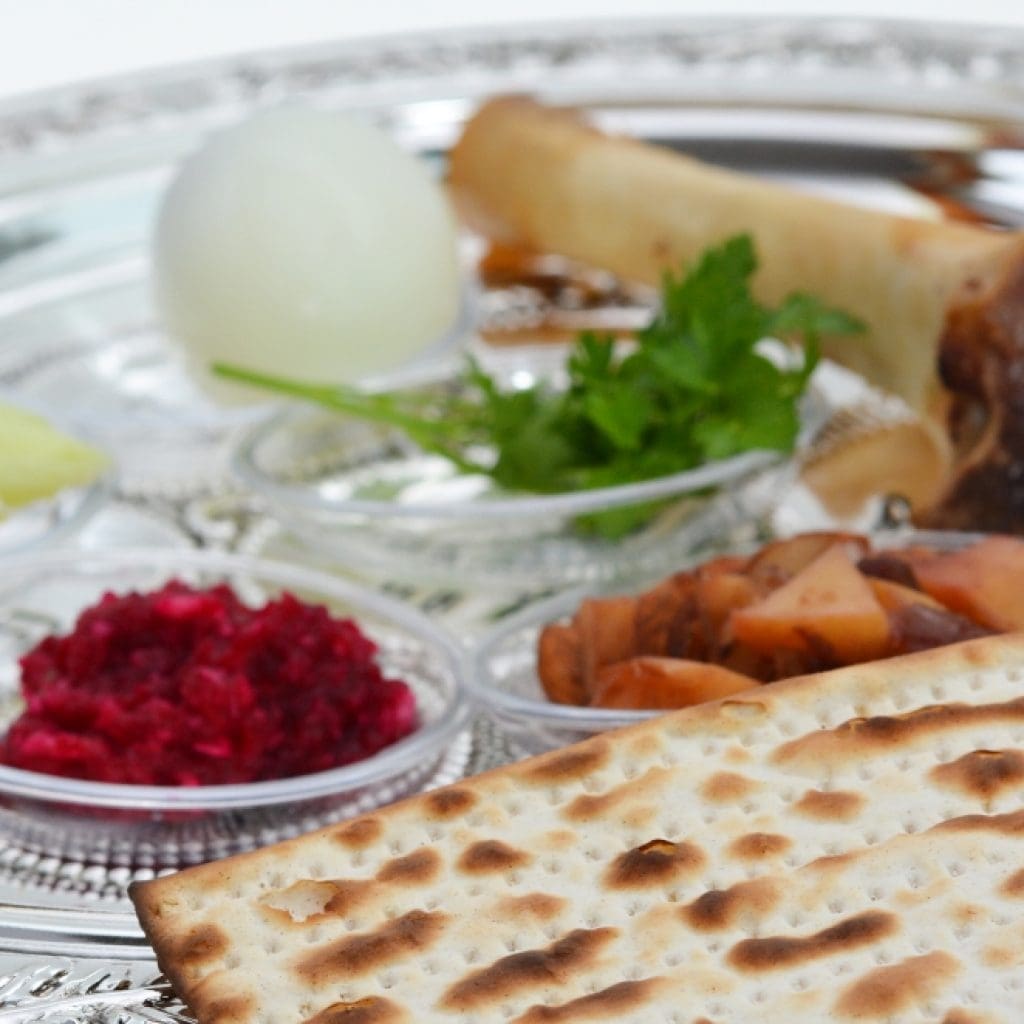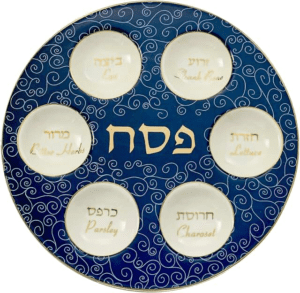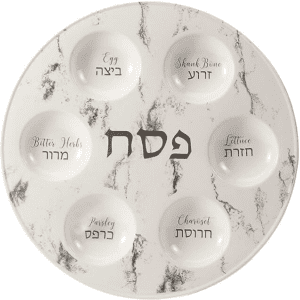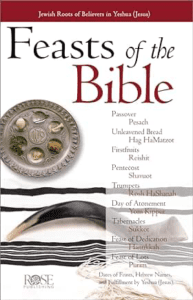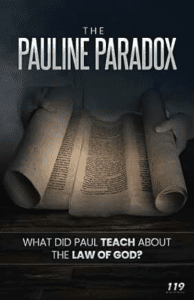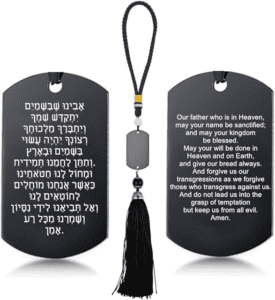What’s So Important About the Western Wall?

There stands in the Old City of Jerusalem a 2,000-year-old wall of limestone. Its beautifully chiseled ancient stones are of historical interest but have fueled much religious and political tension throughout its existence. But why this wall? Why is it worth all the strife and spilled blood surrounding it? Why do millions of people come from all over the world to visit this 187-foot section of wall – sometimes over 1 million people in just one month?
Mount Moriah
To fully understand the significance of The Wall, we must have at least a basic understanding of Mount Moriah. Now called the Temple Mount, and a seemingly small area comparatively, many significant acts of faith took place in this very spot. On Mount Moriah, Abraham took Isaac to sacrifice him out of obedience to God. Abraham named this area “the LORD will provide” after God provided a ram to be offered in Isaac’s place.
1 Chronicles 21:18-30 and 2 Chronicles 3:1 describe Mount Moriah as the place God appeared to David and answered his prayer to end the plague on his people. It’s also the site of the threshing floor that David purchased for the Temple to be built. Ornan (or Araunah, depending on your translation), the floor’s previous owner, offered to give it to him, but David said he wouldn’t offer to God that which cost him nothing and paid for it anyway. Doesn’t that show us what’s going on in David’s heart? Service to God isn’t really sacrificing if it costs us nothing!
Solomon then built the Temple on Mount Moriah, which was later rebuilt after the first Temple was destroyed. Many places in the Bible (Daniel, Ezekiel, and Revelation, among others) indicate that there will be a holy temple in the future. Scripture suggests that Mount Moriah will again be where God inhabits His Temple.
Solomon’s Temple
Built almost 3,000 years ago on Mount Moriah, in the 10th century BCE, the Temple for God was among the grandest of structures in history. Read about it in 1 Kings 6-8. It was indeed a work of art! During his reign, building the Temple was on David’s heart but was later constructed by his son, Solomon. This Temple wasn’t just a beautiful church building. Called the house of God in the Bible, it contained the Ark of the Covenant in the Holy of Holies and was where sacrifices were carried out according to the Laws of God. The design came from God and was given to David (1 Ch. 28:19), who then passed it on to his son when the time came for it to be built.

In 1 Kings 8 and 2 Chronicles 5, it’s recorded that the presence of God showed up in the form of a cloud during the dedication of the Temple. When the priests exited the Holy of Holies, the innermost part of the Temple, after placing the Ark of the Covenant there, the glory of God filled the Temple in the form of a cloud. The Bible says that cloud permeated the building, so the priests couldn’t even stand to minister! Clearly, God thought highly of the Temple King Solomon had built for Him!
The Second Temple
In about 587 BCE, the city of Jerusalem was occupied and taken over by the Babylonians. King Nebuchadnezzar II had not only Solomon’s Temple destroyed but all of Jerusalem burned.
After the fall of the Babylonian Empire in 516 BCE, Cyrus the Great allowed the Jewish people to rebuild the Temple. It was reconstructed in the same place as the first. In 19 BCE, Herod built a semi-rectangular retaining wall around the Temple area, and the Temple was completed during the reign of his grandson, King Agrippa II, as recorded by historian Josephus Flavius. The Western wall of this rectangular retaining wall is what’s currently known as The Western Wall.
The Temple today
The story behind the celebration of Hanukkah covers the period when the Seleucid Empire controlled Jerusalem. Antiochus IV followed in his father’s footsteps in trying to Hellenize the Jews. The Temple was desecrated with the pagan practices of the Greeks, which eventually led to the Maccabean Revolt and their miraculous victory.

Roman rule over Jerusalem in 70 CE brought the most recent destruction to The Temple. This time, it wasn’t rebuilt (at least not yet!). Both the Romans and the Christians under Constantine forbade the Jews from entering Jerusalem for centuries, except just one day annually, the 9th of the month of Av, when they were allowed to visit to mourn the Temple.
In the 7th century, the Muslim conquest of Jerusalem led to them building a shrine on the Temple site, the Dome of the Rock, in 691 CE. Even after the Nation of Israel regained control over Jerusalem in 1967, the Temple Mount remained under Jordanian rule. It’s still this way today, and though Jews may visit, they may not pray there. The closest place to the Temple they’re permitted to pray is the Western Wall, which is why the Kotel, or “wall” in Hebrew, is considered the holiest site in Judaism.
Christians and The Wall
Should the Western Wall be a sacred site for Christians? The short answer is yes! Though we are not Jewish, our belief in Jesus as the Messiah has allowed our Gentile selves to be grafted in, allowing us to become God’s people. God’s promises to the Israelites in the Old Testament also apply to us.
The Temple is not only part of the history of our faith as Christians and our spiritual heritage as people of the Kingdom of God; it’s also the place our God physically inhabited here on earth to be with His people, pre-Jesus. It’s easy to forget that our God is real, supernatural, and awesome! Don’t miss the significance of the history of this Temple. Your God thought the place was important enough to live there. Your God lived there. For real. Let that sink in.
Jesus at The Temple
Another reason for Christians to honor the Temple is that it was a place of worship for our Savior, Jesus. The Bible records many situations where we find Jesus in different life stages at the Temple in Jerusalem.
As an infant
Jesus’s first visit to The Temple was when he was just 40 days old. Mary and Joseph brought him there to fulfill the command in the Torah to do so (Luke 2:22-38). He also went there at least as often as once yearly as he grew up (Luke 2:41).
As a young man
At 12, Jesus went to Jerusalem with his parents to celebrate Passover. Then, he was accidentally left behind and was found asking brilliant questions of the rabbis there (Luke 2:41-51).
As a man
The most well-known story from Jesus at the Temple was when he overturned the sellers’ tables (Mark 11:15-18), but that wasn’t the only time he went to the Temple. During one period in his adult life, he taught there daily (Luke 21:37-38).
As believers in the truth of scripture, the God of the Bible, and Jesus as Lord, it can be seen that the Western Wall and the Temple it represents are of great importance. The fact that Jesus fulfills the need for a sacrifice for our sin, causing us not to need a temple for sin sacrifices, doesn’t diminish the significance of The Temple and its Western Wall. While not all of us can visit it in person, Christians can honor this site and thus our God from afar by learning more about its history and effect on the world both politically and prophetically. If you can, a visit to the Western Wall (as well as other significant sites in The Holy Land) will grow and concrete your faith and understanding of the land of the Bible.


